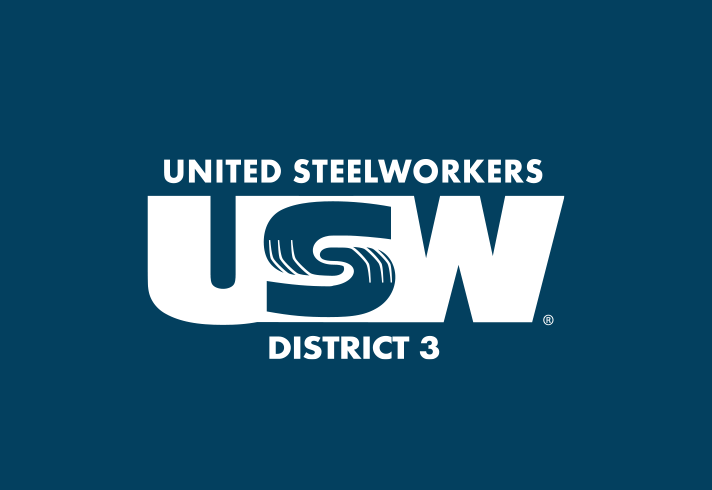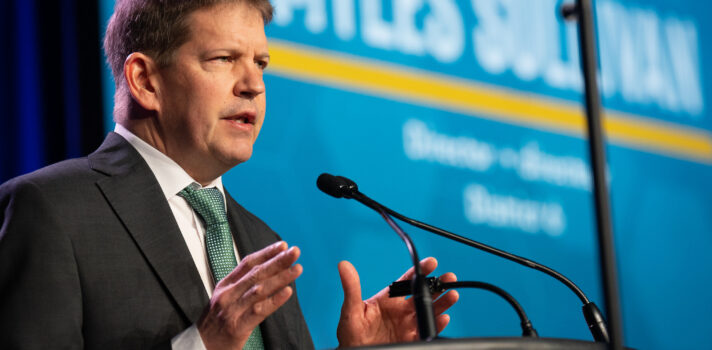As the elected Director for the United Steelworkers union (USW) in Western Canada, I was truly hoping for an NDP majority government. The BC NDP was our choice, as the party’s positions better reflect issues important to working families: strong worker rights – including the right to freely join a union; safe and healthy workplaces; affordable housing; access to health care; and commitment to public education in our communities.
It was also clear to me that this past election was NOT fought over who had the best plan for B.C.’s mining and forest sectors. I believe that would have been a much less divisive debate, given that David Eby’s NDP and John Rustad’s Conservatives put forward platforms that tried to appeal to these two important sectors.
Even in its diminished capacity, the B.C. forest industry directly employs over 45,000 workers. Mining employs over 35,000. Combined with the energy and agriculture sectors, the resource industry contributes something like two-thirds of the province’s exports earnings. So, it’s not surprising that there is not much political divide on supporting and building a vibrant resource sector in British Columbia.
After reviewing the platforms, the Mining Association of BC (representing companies) gave both the NDP and Conservatives a thumbs up on their commitment to the province’s critical minerals future.
Both the NDP and Conservatives promised more-efficient permitting in the sector, investments in rural infrastructure, working with First Nations and building B.C. as a critical mineral hub. It looks like a coalition in the making. Although, since the NDP also promised to “maintain environmental and safety standards” and create new “union-led training programs to help workers keep pace with the changing nature of mining,” they get a couple of extra check marks on my scorecard.
We can also look at the two parties’ positions on what John Rustad called “our once-great forest industry.” Premier Eby was a bit more positive, vowing to “defend the forest industry, communities and workers,” while also acknowledging the sector is struggling.
How would they turn around the 25-year-plus, forestry shit show? Well, both parties promised changes to stumpage, reducing permitting delays, incentivizing value-added production, upping the Allowable Annual Cut (AAC) and reviewing BC Timber Sales. Both parties also seem to want to get more good-paying, dare I say unionized, jobs in the forest sector. The Conservative platform talks about a dedicated “working forest.” So does the NDP’s, with promises to “get more jobs per tree by tying our working forest resources to mills that employ B.C. workers.” Some differences in the details, but a lot of common ground to work with.
Platforms have a lot of words, but they provide some indication of priorities. Thinking about the 15,000 or so USW members in the forestry, mining, sawmilling and smelting sectors, my union tends to agree with the BC NDP… and, at least on resource issues, the BC Conservatives a little bit, too.
Critical minerals are a great opportunity that we need to invest in now, capitalizing on our competitive advantages and carrying them downstream through the supply chain, all the way to recycling EV batteries at the Trail Smelter. The forest sector is struggling and if we want a healthy forest sector in the future we definitely need stability, predictability and investment. That means defining the working forest, building the AAC back, reforming our stumpage system and reviewing or overhauling BC Timber Sales so that we are targeting and getting the maximum amount of good-paying, family-supporting jobs per cubic metre of harvest, right here in B.C.
Minority or majority, blue or orange (I prefer orange), there are at least 90 MLAs going to Victoria who should be able to push forward – in line with their party’s platform – with positive legislation, regulation, policy and programs that will help the mining industry and the forest sector. These sectors need government – whether minority or majority – to help them continue to fuel the economic engine of this province and provide good, family-supporting, high-skilled union jobs to resource workers throughout this province.
Scott Lunny is the Director for the United Steelworkers (USW) District 3, which represents 45,000 workers in western and northern Canada, including over 15,000 in the British Columbia forest sector and mining and smelting industry.
Share on Facebook



